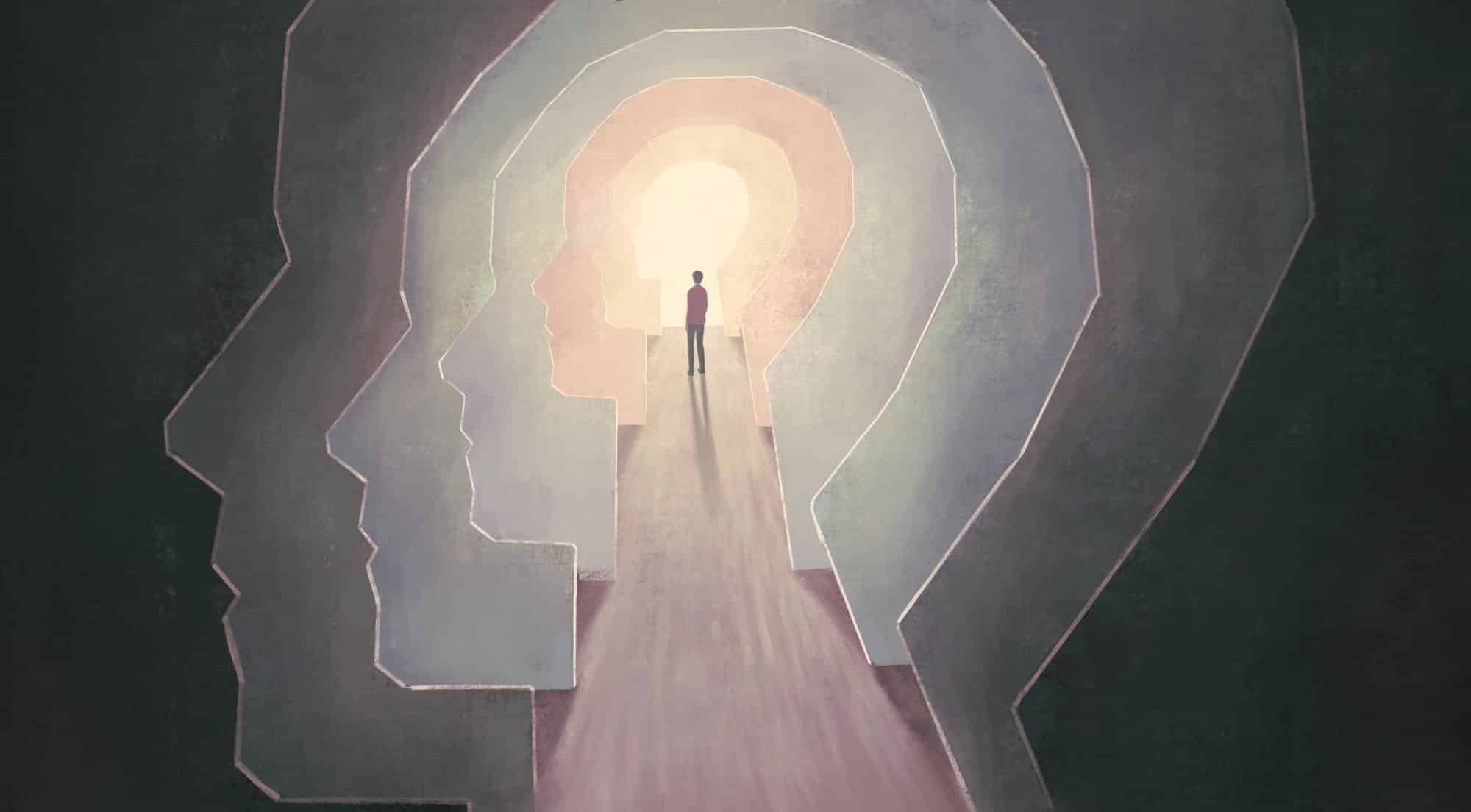Leaving their home, many suspect that they didn't turn off the stove, while others don't remember where they parked their car. These are cases of memory loss that worry many. But shouldn't we be in a hurry to let our minds go to the worst?
Undoubtedly, given the chance everyone would choose to have a better memory.
However, professor in the Department of Psychology at the University of California Charan Ragkanath encourages people to maintain such a perspective.
In his new book Why We Remember: The Science of Memory and How It Shapes Us, Dr. Ragkanath says we all struggle with memory at some point, but there's a big difference between this memory loss and more degenerative memory loss.
In his book Charan Ragkanath explores the fact that oblivion is not a concern. "Instead of fighting the selectivity of memory in a futile attempt to remember more, we can accept that we are designed to forget and use intention to guide our attention so that we remember what matters."
“Most of the time it's not a memory problem, it's what I would call a recovery failure. This means we can't pull information when we need it. Sometimes we need the right clue to find it, sometimes it can't be found because the memories compete with each other."
"If someone asked me what constitutes a very efficient memory, I would say that it is being able to access the information that is important"
"People who have more severe memory disorders often struggle to make new memories. Instead of not remembering the name of someone they just met, they may not remember meeting that person at all. On average, people with typical memories find it easier to remember recent events than events from the past, but people with memory disorders have the opposite problem."
And while Ragcanath acknowledges that some types of memory can weaken with age—especially when it comes to recalling a specific event—there are some seniors who have strong memories well into their later years.
A clear message from the Indian scientist
Charan Ragkanath goes on to explain that the human brain is not a memorizing machine, it is a thinking machine. It helps us understand the world we live in.
“It's designed for economy and to quickly develop memories to understand the present and focus on the future. To achieve these goals, we cannot carry memories of every moment of our lives. If someone were to ask me what constitutes a very good memory, I would say that it is being able to access the information that is important to us and to recall life events that are meaningful in some way.

Amnesia (forgetting) is not a failure of memory, argues Ragcanath.
“There are some people who have so-called photographic memory and are usually experts in a particular field, such as great chess players or professional basketball players, with the ability to create vivid, detailed memories related to their experience. But to my knowledge, no one has ever been reported to have complete photographic memory for everything. And to be honest, I wouldn't wish that on anyone."
The message of Ragcanath is clear urging us not to worry about what we don't remember and focus on the present.
"Life is short," he says. “The fleeting nature of memory can make life seem so much shorter. We tend to think of memory as something that allows us to hold on to the past, when in fact the human brain was designed to be more simply a record of our experiences. Amnesia (forgetting) is not a failure of memory, [but] it is a consequence of processes that allow our brain to prioritize information that helps us navigate and understand the world," he notes.
"We can play an active role in managing amnesia by making careful choices in the present in order to curate a rich set of memories to take with us into the future."
Source: in.gr
